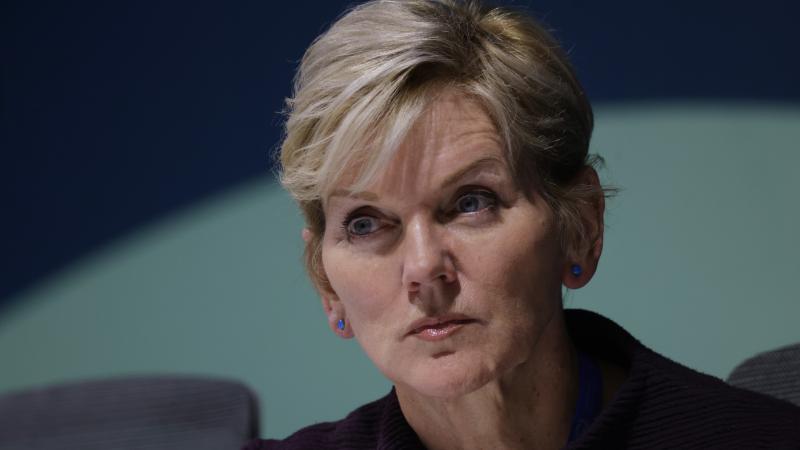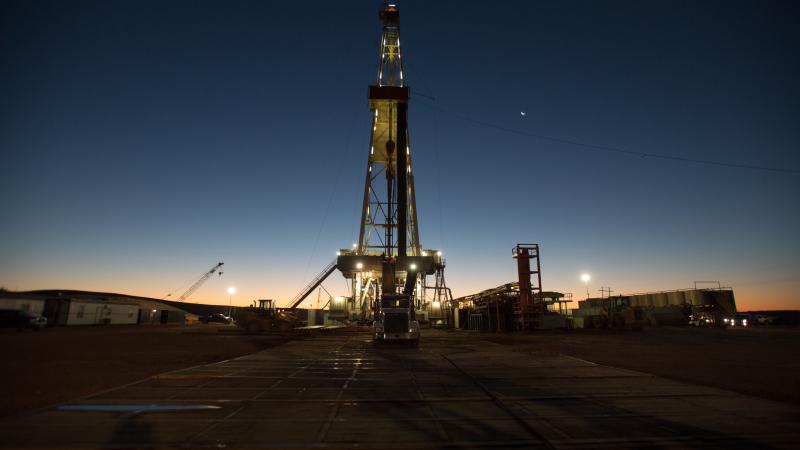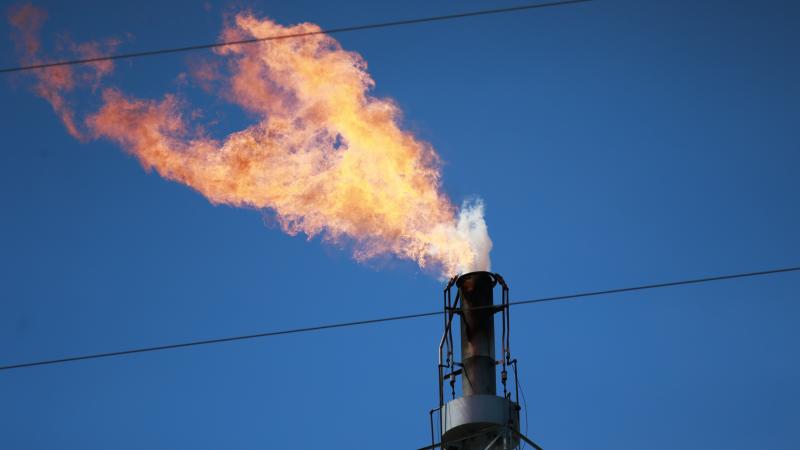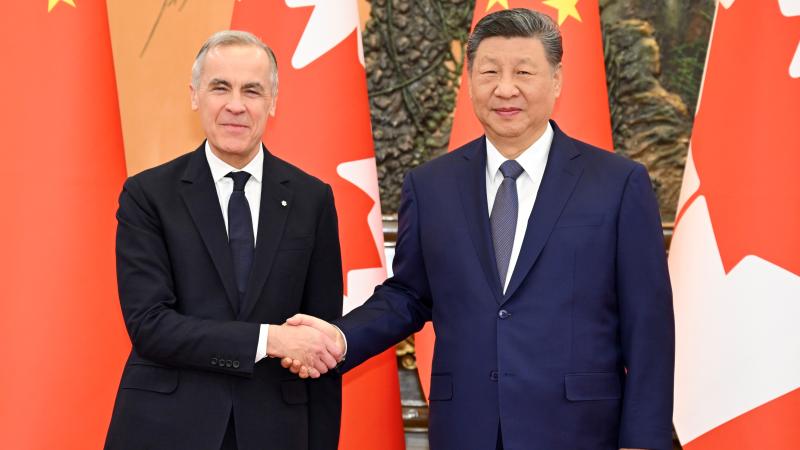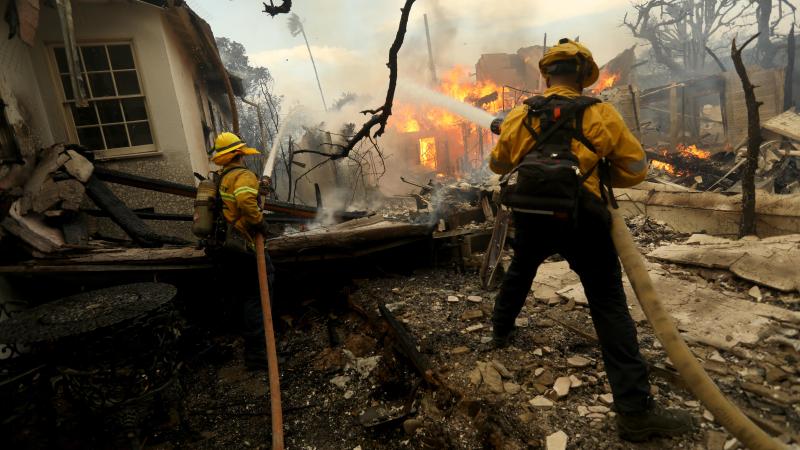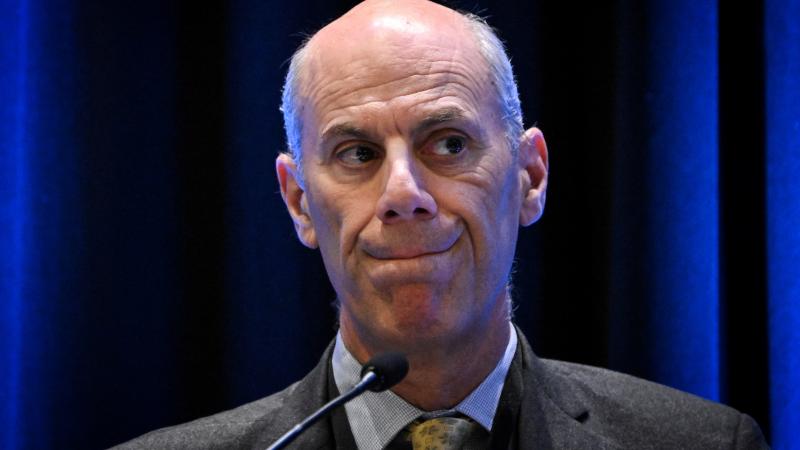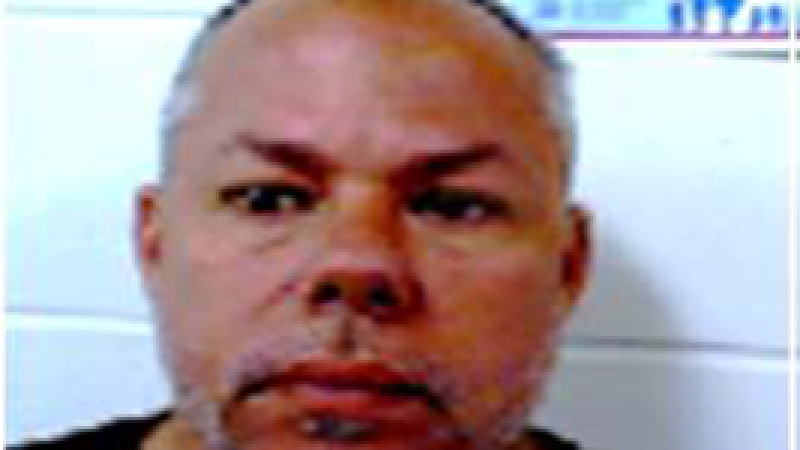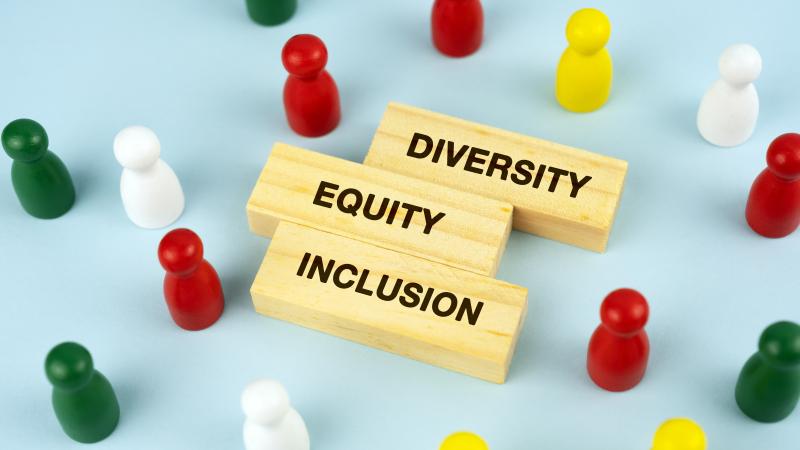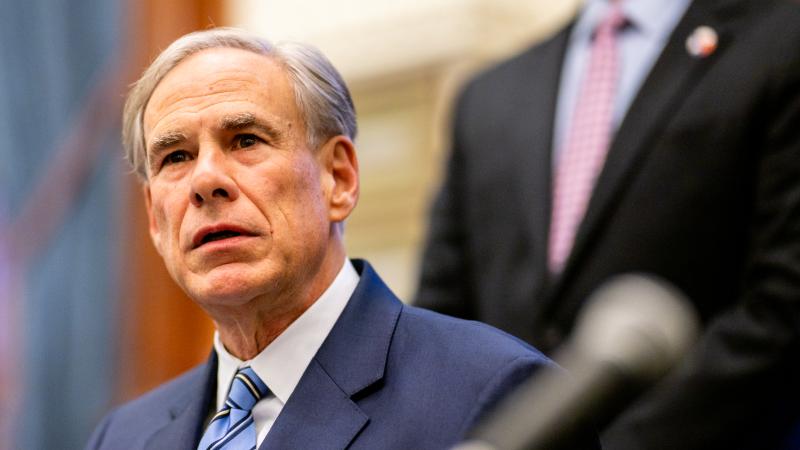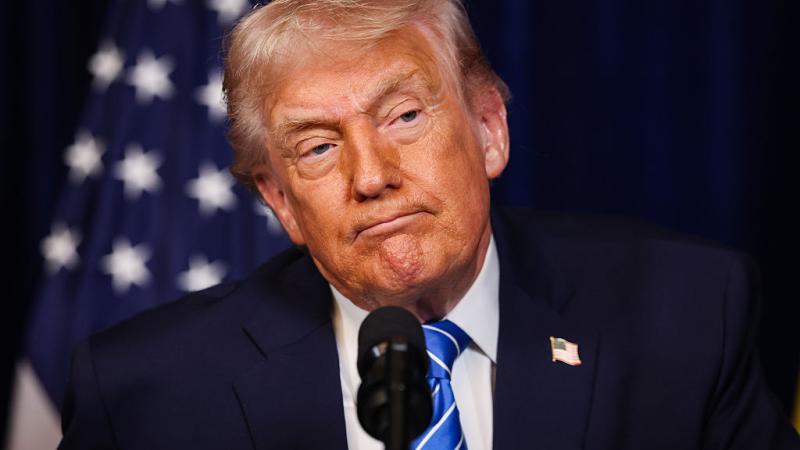Trump limits scientists’ work on key climate report that critics say has become politicized
Trump reportedly told government scientists working on a global climate report by the IPCC to step back. Critics say the panel's work has become increasingly politicized.
Trump reportedly issued a stop-work order this week barring a group of U.S. scientists from traveling to China to participate in discussions on the development of the latest installment of an influential — and controversial — report on research into climate change.
Citing unnamed sources, Axios reported that officials with the State Department will not participate in a March meeting in Hangzhou, China, to discuss the seventh assessment report of the United Nations Intergovernmental Panel on Climate Change (IPCC). Kat Calvin, NASA’s chief scientist, CNN reported, was scheduled to co-chair the discussion, but a NASA spokesperson confirmed Calvin won’t be going to the meeting.
Troubling indications
The IPCC is widely considered the authority source on research on climate change. It has produced six scientific assessments on the research since 1988. But critics say its work has become increasingly politicized, which undermines the quality of the research.
Dr. Roger Pielke, Jr., retired professor of environmental studies at the University of Colorado at Boulder, explains on his “The Honest Broker” Substack that there are “multiple troubling indications” that the quality of the IPCC assessments may be slipping.
Pielke is strongly supportive of formal scientific assessments, and he testified before the House Science Committee in 2017 that if the IPCC did not exist, it “would have to be invented.”
On top of other criticisms of the panel’s research, Pielke points to a few quality issues arising in the development of the IPCC’s latest assessment. The rapid growth in the volume of climate studies leading to a declining proportion of relevant literature the IPCC assesses, which can insert biases.
For example, Pielke wrote, the IPCC ignored more than 50 studies that have normalized disaster costs, only one of which attributed losses to changes in climate. Normalizing costs adjusts for differences in wealth over time. This is important because natural disasters can impact more development over time, increasing their costs separate from any trends in extreme weather.
“The bias here is undeniable,” Pielke wrote.
The IPCC also, Pielke points out, referenced a blog post by an activist group, Carbon Brief, to justify use of an extreme, implausible emissions scenario, and the IPCC authors are citing their own research. For example, in a chapter on tropical cyclones, which includes hurricanes, approximately 18% of the citations of non-unique references are papers authored by 5 of the chapter’s authors.
Pielke told Just the News that he didn’t want to comment on Trump’s stop-work order, as reports are based on anonymous sources and he wants to wait until there’s more information available. Speaking on science policy generally, Pielke said that so much of the Trump administration’s actions are “in the shadows and based on unverifiable claims.”
“This reveals a shocking degree of intransparency and maybe even confusion within the administration. Congress is failing in its basic duties of oversight as the administration is making decisions about science that are possibly profoundly negative and long-lasting. That is no way to govern the world's most important scientific enterprise,” Pielke said.
"How many times can you cry 'wolf'"?
Dr. Matt Wielicki, former assistant professor in the Department of Geological Sciences at the University of Alabama and author of the “Irrational Fear” Substack, told Just the News that the IPCC working groups generally aren’t problematic, but the synthesis reports, which summarize the research for policymakers, are politicized and alarmist.
“That’s really where the disconnect happens,” Wielicki said.
On his Substack, Wielicki has written about problems in the IPCC’s research. In 2023, he wrote about how the IPCC predicted in its fourth assessment report released in 2007 that there’s a “high confidence” that many African countries would experience a decline in agricultural output, with yields from rain-fed agriculture dropping 50% by 2020. In fact, no major crop has seen any significant declines in yields since 2007, and many African crop yields have increased.
“Clearly, the changing climate has had little negative impact on the agricultural output of African regions, despite the claims of the IPCC. How many times can you cry wolf before people start to ignore you?” Wielcki wrote.
More recently Wielicki wrote about a new study that challenges one of the most basic tenets of modern climate science. As temperatures rise, most research predicts that the atmosphere’s ability to hold moisture increases. Therefore, we’ll experience heavier rainfall and stronger storms. In some areas, the effect will lead to prolonged droughts. The IPCC, Wielicki points out, consistently framed this as a certainty. A new study in Geophysical Research Letters shows that “the expected increase in atmospheric moisture has not occurred in key regions, or has followed patterns that contradict previous models.”
Wielicki wrote that this isn’t the first time climate predictions failed. While it’s been said that the “science is settled,” there’s a high degree of uncertainty and nuance. This fact has implications for climate policy, Wielicki explains.
“If climate models cannot even get basic atmospheric processes correct, how can we confidently say that emissions reduction policies will have the intended effects?” Wielicki wrote.
Independent group
Chris Martz, a meteorology senior at Millersville University who graduates in May and an outspoken critic of the “climate crisis” narrative, told Just the News that he doesn’t agree with Trump possibly blocking U.S. researchers from participating in the IPCC seventh assessment. He said it would be better if the federal government formed an independent group of researchers to carry out climate research free from the political biases of the IPCC.
“I think a better alternative to what Trump's doing would be to try and find maybe a counter IPCC report to get scientists with maybe differing perspectives to synthesize the literature and bring some papers to the limelight that haven't gotten that focus,” Martz said.
This group, he said, could also include researchers like Dr. Judith Curry, who left the world of academia because her views disputing the alarmist narratives garnered so much vitriol. She subsequently founded her own company that provides weather forecasts. Martz also suggested Dr. Roy Spencer, principal research scientist at the University of Alabama in Huntsville, who has also challenged the “climate crisis” narrative.
In 2010, The Guardian "published online the full manuscript of its major investigation into the climate science emails stolen from the University of East Anglia, which revealed apparent attempts to cover up flawed data; moves to prevent access to climate data; and to keep research from climate sceptics out of the scientific literature."
Those emails showed that the IPCC's "hockey stick" graph was problematic. One climate scientist, Michael Mann, is such a devotee of the hockey stick graph that he successfully sued columnist Mark Steyn for "describing Mann’s hockey stick as fraudulent."
Pielke is another researcher who has been sidelined for his criticisms of the IPCC and other statements that, while scientifically accurate, disputed dominant narratives on extreme weather. In 2015, Rep. Raul Grijalva, D-Ariz., asked the University of Colorado to investigate Pielke, accusing him of secretly taking money in exchange for his Congressional testimony. The investigation never turned up anything.
In an article on his Substack, Pielke details how, following Grijalva’s investigation, the university sidelined much of his work, even putting his office in a windowless room used for storage in an unused building.
Wielicki said he’s going to reach out to the Trump administration to propose an independent group do its own summaries for policy makers, like the IPCC synthesis reports. This group would not seek to direct policy in any one direction, but rather it would provide an accurate summary of what uncertainties and risks the research shows.
“It would be a thousand times more useful for them, and it would be nuanced,” Wielicki said.
Aside from the reports of the stop-work order preventing federal scientists from participating in the discussion in China, it’s not clear how much Trump intends to prevent U.S. participation in the IPCC seventh assessment beyond the order regarding that one meeting. Trump’s actions so far have sought to completely reverse the Biden administration’s climate agenda.
The Facts Inside Our Reporter's Notebook
Links
- Axios reported
- Intergovernmental Panel on Climate Change
- CNN reported
- The Honest Broker
- strongly supportive
- testified before the House Science Committee in 2017
- other criticisms
- can insert biases
- Carbon Brief
- chapter on tropical cyclones
- Irrational Fear
- IPCC working groups
- experience a decline in agricultural output,
- rain-fed agriculture dropping 50% by 2020
- have seen increases
- new study that challenges
- new study in Geophysical Research Letters
- science is settled
- Chris Martz
- Dr. Judith Curry
- left the world of academia
- her own company
- Dr. Roy Spencer
- The Guardian
- successfully sued
- accusing him of secretly taking money
- university sidelined much of his work
- completely reverse
